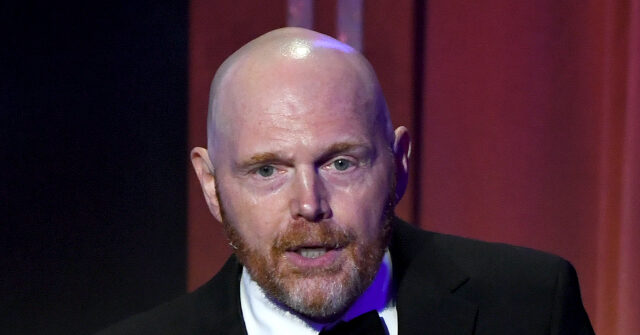In a recent episode of his podcast, actor and comedian Bill Burr shared his provocative thoughts on the assassination of UnitedHealthcare CEO Brian Thompson and the broader issues concerning the health insurance industry. Burr expressed a controversial stance, commending the fear that health insurance CEOs now experience, viewing it as a necessary response to the lack of empathy shown by these executives toward individuals during their most vulnerable moments. Highlighting the struggles many face while turning to insurance companies for help, Burr criticized these entities for prioritizing profit over people, stating that clients who faithfully pay for coverage often find themselves denied support when they most need it.
Burr’s comments come on the heels of the arrest of 26-year-old Luigi Mangione, the suspect in Thompson’s assassination. Burr expressed disdain towards the insurance executives, labeling them as “selfish, greedy” individuals who contribute to a system that sacrifices lives for profit. He articulated a strong sentiment that these CEOs should indeed fear for their lives, arguing that their actions have fatal consequences for many Americans, which he likened to a form of mass murder that remains obscured because they do not wield the gun directly. Burr’s analysis reflects a deep anger at systemic injustices and a belief that accountability is long overdue for corporate leaders, especially those in the healthcare sector.
Mangione, who was apprehended in Pennsylvania, reportedly held extreme views against the healthcare industry, evident in a document found during his arrest that expressed resentment toward corporate America and detailed his motivations. As Burr spotlighted the potential motivations behind such violent actions, he also pointed out that Mangione’s extreme path found some sympathetic responses among far-left circles. While some viewed him as a hero, Pennsylvania Governor Josh Shapiro condemned the assassination, emphasizing that resorting to violence over policy disagreements is unacceptable in a civilized society.
The diverse reactions to Mangione’s actions illustrate a broader societal struggle with the frustrations many feel toward the healthcare system, highlighting the deep divide in opinions on how to approach systemic reform and accountability. Burr acknowledged the widespread anger directed at health insurance companies but reinforced that no form of vigilante justice is justified. Shapiro’s response serves as a reminder of the dangers of championing violence as a solution to political discontent, urging a focus on rational discourse and democratic processes.
As Burr’s podcast stirred public interest, it also reignited discussions about the role of healthcare executives and their responsibilities toward the people they serve. With rising premiums and increasingly complex policies, many find themselves grappling with opaque systems that can seem indifferent to their struggles. Burr’s blunt critique not only reflects growing public discontent but also sparks a necessary conversation about corporate accountability and the ethical obligations of those in power in the healthcare sector.
In conclusion, the interplay between Burr’s commentary and the tragic events surrounding the assassination of Thompson has unveiled critical issues surrounding the American healthcare system. It raises numerous questions about responsibility, empathy, and the consequences of systemic failures. While Burr’s position may be polarizing, it undeniably resonates with a segment of the population that feels abandoned by the very institutions designed to provide care and support, ultimately illuminating the urgent need for dialogue and reform in the healthcare industry.

